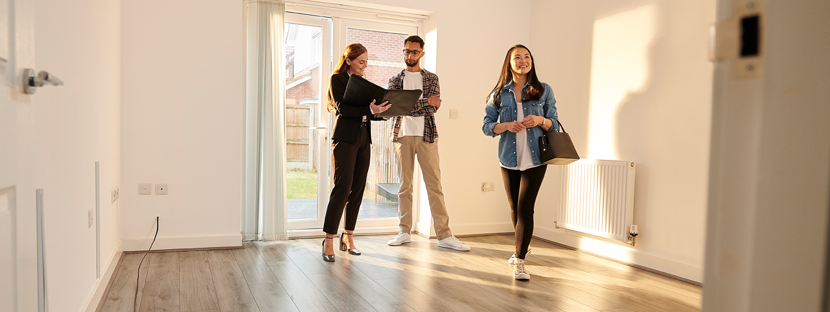Finding A Starter Home In A Competitive Market
Congratulations on embarking on your journey to purchase your first home! As you start your search, you might wonder where all the starter homes are and how to compete amidst multiple offers.
The housing market currently faces a shortage of starter homes in popular areas. Low inventory and high demand are driving up prices, creating competitive bidding situations, which can be challenging for first-time buyers. But don’t lose hope! Despite the competitive market, there are steps you can take to position yourself ahead of others. We’re here to guide you through strategies that can help you secure your starter home. What is a starter home? It’s typically a smaller, more affordable home ideal for first-time buyers looking to build equity and establish homeownership. These homes usually have fewer amenities and are a steppingstone before moving to a larger, more permanent residence as life circumstances change. In contrast, a forever home is for those planning long-term residency, with larger sizes and more amenities to accommodate future needs.
Wondering if a starter home is right for you? Consider the pros and cons:
Pros:
- Affordability: Lower price points and potential for lower down payments.
- Easier upkeep: Less maintenance compared to larger homes.
- Flexibility: Opportunity to upgrade to a larger space in a few years.
Cons:
- Competition: High demand can lead to competitive bidding.
- Smaller size: Limited space for future growth.
- Less customization: Fewer options for major upgrades.
Top Tips for Buying Your First Home in a Competitive Market

 AmeriSave Mortgage Corporation
AmeriSave Mortgage Corporation  AmeriSave Mortgage
AmeriSave Mortgage AmeriSave Mortgage
AmeriSave Mortgage AmeriSave Mortgage
AmeriSave Mortgage AmeriSave Mortgage
AmeriSave Mortgage AmeriSave Mortgage
AmeriSave Mortgage AmeriSave Mortgage
AmeriSave Mortgage